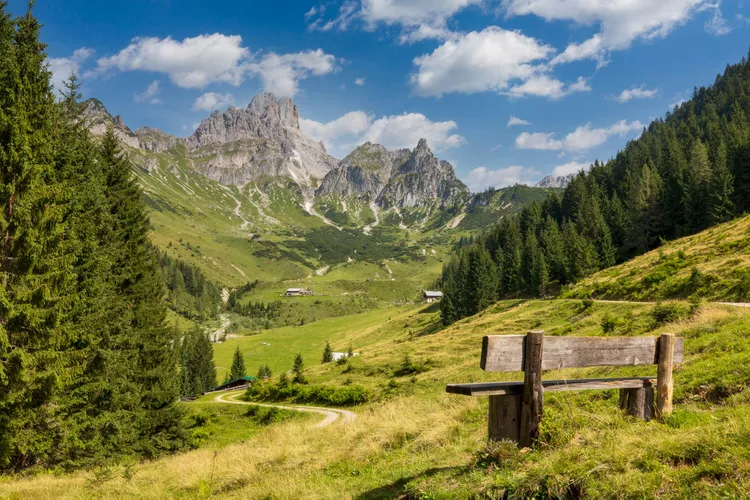1. Austria Awaits: An Overview
Cozy mountain weekends, alpine hikes, and glamorous nights out in Vienna await. If you’ve been dreaming of a city escape or an alpine getaway in Austria, now is the perfect time to begin your planning. From hiking in the Alps and swimming in glacial lakes to skiing, waltzing, and exploring some of Europe’s most impressive architecture, the list of activities in Austria is vast and varied.
2. Best Times to Visit Austria
When planning your trip, be mindful of Austria’s travel seasons:
- High Season: May through August
- Shoulder Seasons: April to May, September to October
- Low Season: November to March
- Ski Season: Late November to April
3. Embrace the Festivities
Austrian winters are defined by significant events such as ball season and ski season. “The ball season in February is one of a kind,” says Tina Haselbacher, owner of Almanac Hotels. “It’s the highlight on social calendars, as everyone gathers to dance and celebrate Viennese culture.” The colder months also present an excellent opportunity for downhill skiing. For alpine trips, timing between December and April is ideal, complemented by a city break from April to December, according to Claudia Epp, general manager of The Arula Chalets.
Best Times to Visit for Smaller Crowds
:max_bytes(150000):strip_icc():format(webp)/TAL-austria-spring-WHENAUSTRIA0823-8fc53b51c6e645c3adf85c76ba45ea04.jpg)
The shoulder months — April, early May, September, and October — are optimal for avoiding crowds. “Our main cities, like Vienna or Salzburg, are busiest during the summer season,” notes Michael Gigl from the Austrian Tourist Office. However, he mentions that overcrowding is less of an issue in Vienna, especially while museum hopping. Visits to major cultural institutions like the Kunshistorisches Museum tend to be less hectic.
Best Times to Visit for Ideal Weather
What constitutes “good weather” varies significantly in Austria. The winters offer stunning scenery with snow on the slopes. However, for warmer weather, consider visiting in June, July, or August, when temperatures can soar into the mid-80s. This season is perfect for outdoor activities in the mountains like hiking and biking. For those focused on city experiences, spring or autumn is more comfortable.
Best Times to Visit for Cost-Effective Travel
Hotel prices fluctuate based on the region and timing. Major events heavily influence Vienna’s hotel rates, especially in June, September, or October. Conversely, after the Christmas festivities and prior to the ball season in January, prices generally drop. Similar patterns exist in the mountains, where winters see price spikes, particularly during the festive season.
Best Times to Enjoy Skiing, Christmas Markets, and Balls
:max_bytes(150000):strip_icc():format(webp)/TAL-austria-winter-WHENAUSTRIA0823-4c777e80b5bd4ae0b96c4f6c33bd958d.jpg)
Winter in Austria, with shorter days, is an exhilarating time for travelers. From the first week of December to early January, Christmas markets abound, which are a must-see. Vienna’s Christmas market is renowned as one of the largest and most beautiful in Europe. February, rich in social events, is packed with balls and festivities. Many of these events are open to the public; just remember to pack formal attire.
For skiing enthusiasts, the best time is March, offering optimal snow conditions with longer and warmer days.
Considerations for Travel Timing
Austrian experiences cater to all interests, and there truly isn’t a bad time to visit. Nevertheless, if you prefer air conditioning, it’s wise to avoid the peak of summer, during which air conditioning might be less common in comparison to what you’d find in the United States.




